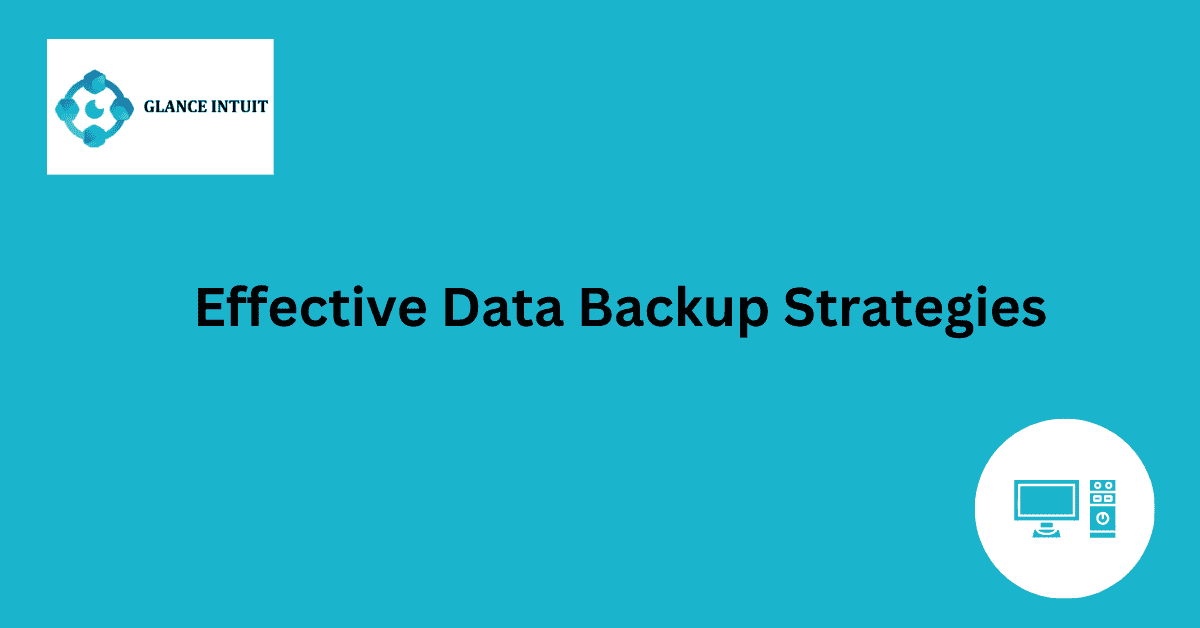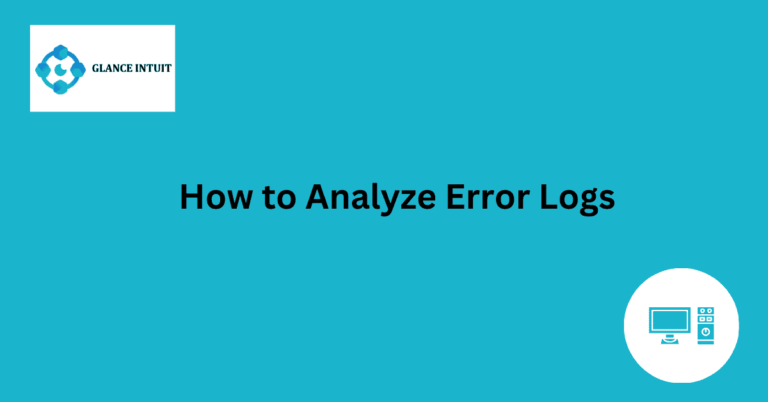Effective Data Backup Strategies
Effective data backup strategies are crucial for maintaining the integrity and security of your valuable information. Whether you are a small business owner or an individual user, having a reliable backup plan in place can save you from potential data loss disasters. By implementing the right strategies, you can ensure that your data is protected and easily recoverable in case of unexpected events.
From regular backups to cloud storage solutions, there are various options available to suit your specific needs. Understanding the importance of data backup and staying up-to-date with the latest trends in the industry can help you make informed decisions when it comes to safeguarding your data. With a proactive approach to data backup, you can minimize the risk of losing essential information and keep your digital assets secure.
Importance of Effective Data Backup Strategies
Data backup is a crucial aspect of any business or individual’s digital life. Effective data backup strategies ensure that important information is protected and can be easily recovered in case of accidental deletion, hardware failure, or cyber attacks. Regular backups offer peace of mind and security, allowing users to restore their data to a previous state without loss. This practice is essential for preventing data loss and maintaining business continuity in the event of unforeseen circumstances.
Benefits of Regular Backups
Regular backups provide a safety net for valuable data, ensuring that information is not lost permanently. By backing up data consistently, individuals and organizations can recover files, documents, and systems quickly and efficiently. This process reduces downtime, minimizes the risk of data corruption, and safeguards against potential security threats. Additionally, regular backups enable seamless data recovery and promote disaster readiness, enhancing overall data protection measures.
Types of Data Backup Solutions
There are various types of data backup solutions available to cater to different needs and preferences. These solutions include cloud backups, external hard drives, network-attached storage (NAS) devices, and tape backups. Each type offers distinct advantages and disadvantages in terms of cost, accessibility, and storage capacity. Users can choose the most suitable backup solution based on their requirements, ensuring reliable data protection and accessibility.
Implementing Reliable Backup Plans
Implementing reliable backup plans involves selecting appropriate backup methods and prioritizing data encryption for enhanced security. By choosing the right backup methods, individuals and organizations can streamline the backup process and ensure data integrity. Data encryption plays a crucial role in safeguarding sensitive information, preventing unauthorized access, and maintaining confidentiality. These practices contribute to effective data backup strategies and reinforce data protection measures.
Choosing the Right Backup Methods
When selecting backup methods, it is essential to consider factors such as data volume, frequency of backups, and recovery requirements. Different methods, such as full backups, incremental backups, and differential backups, offer unique advantages in terms of storage efficiency and data recovery speed. By evaluating these factors and choosing the most appropriate backup method, users can establish a reliable and efficient backup plan tailored to their specific needs.
Importance of Data Encryption
Data encryption is a critical component of data security, especially in backup processes. Encrypting data before storing it ensures that sensitive information remains protected from unauthorized access or theft. Encryption algorithms scramble data into a secure format that can only be deciphered with the corresponding decryption key. By implementing data encryption in backup plans, users can enhance data confidentiality, integrity, and compliance with privacy regulations.
Staying Up-to-Date with Industry Trends
Staying informed about industry trends in data backup technology is essential for maintaining effective backup strategies and adapting to evolving security threats. Continuous learning and awareness of the latest trends enable users to leverage new tools, techniques, and best practices in data backup. By staying up-to-date, individuals and organizations can enhance their data protection measures, improve backup efficiency, and mitigate potential risks effectively.
Importance of Continuous Learning
Continuous learning is key to staying competitive and informed in the rapidly evolving field of data backup. By keeping abreast of industry developments, new technologies, and emerging trends, users can expand their knowledge base and enhance their backup strategies. Continuous learning empowers individuals to make informed decisions, implement best practices, and optimize data backup processes for maximum efficiency and security.
Latest Trends in Data Backup Technology
The latest trends in data backup technology include advancements in cloud backup solutions, artificial intelligence for data management, and ransomware protection mechanisms. Cloud backups offer scalable storage options, remote accessibility, and automated backups for seamless data protection. Artificial intelligence enhances data management by optimizing backup schedules, identifying anomalies, and improving data recovery processes. Ransomware protection mechanisms help prevent malicious attacks and secure data against encryption-based threats, ensuring robust data backup strategies in the face of evolving cyber risks.
Frequently Asked Questions
Our Frequently Asked Questions section aims to provide detailed information on Effective Data Backup Strategies, addressing common queries and concerns users may have.
What are the essential components of a successful data backup strategy?
A successful data backup strategy includes regular backups, multiple copies stored in different locations, encryption for security, and automatic backups to avoid human error.
Why is data backup important for businesses?
Data backup is crucial for businesses to protect sensitive information, prevent data loss due to cyber attacks or hardware failures, and ensure business continuity in case of emergencies.
How often should data backups be performed?
Data backups should be performed regularly, with a frequency depending on the amount of data generated and the criticality of the information. Daily or weekly backups are common practices.
What are the different types of data backup methods available?
There are several data backup methods, including full backups, incremental backups, and differential backups. Each method has its advantages and is suitable for different data backup needs.
How can businesses ensure the security of their backed-up data?
Businesses can ensure the security of their backed-up data by using encryption techniques, storing backups in secure locations, implementing access controls, and regularly testing backup and recovery processes.
What are the best practices for testing data backups?
Testing data backups involves verifying the integrity of the backed-up data, ensuring that the data can be restored successfully, and testing the recovery time objectives to minimize downtime in case of data loss.







